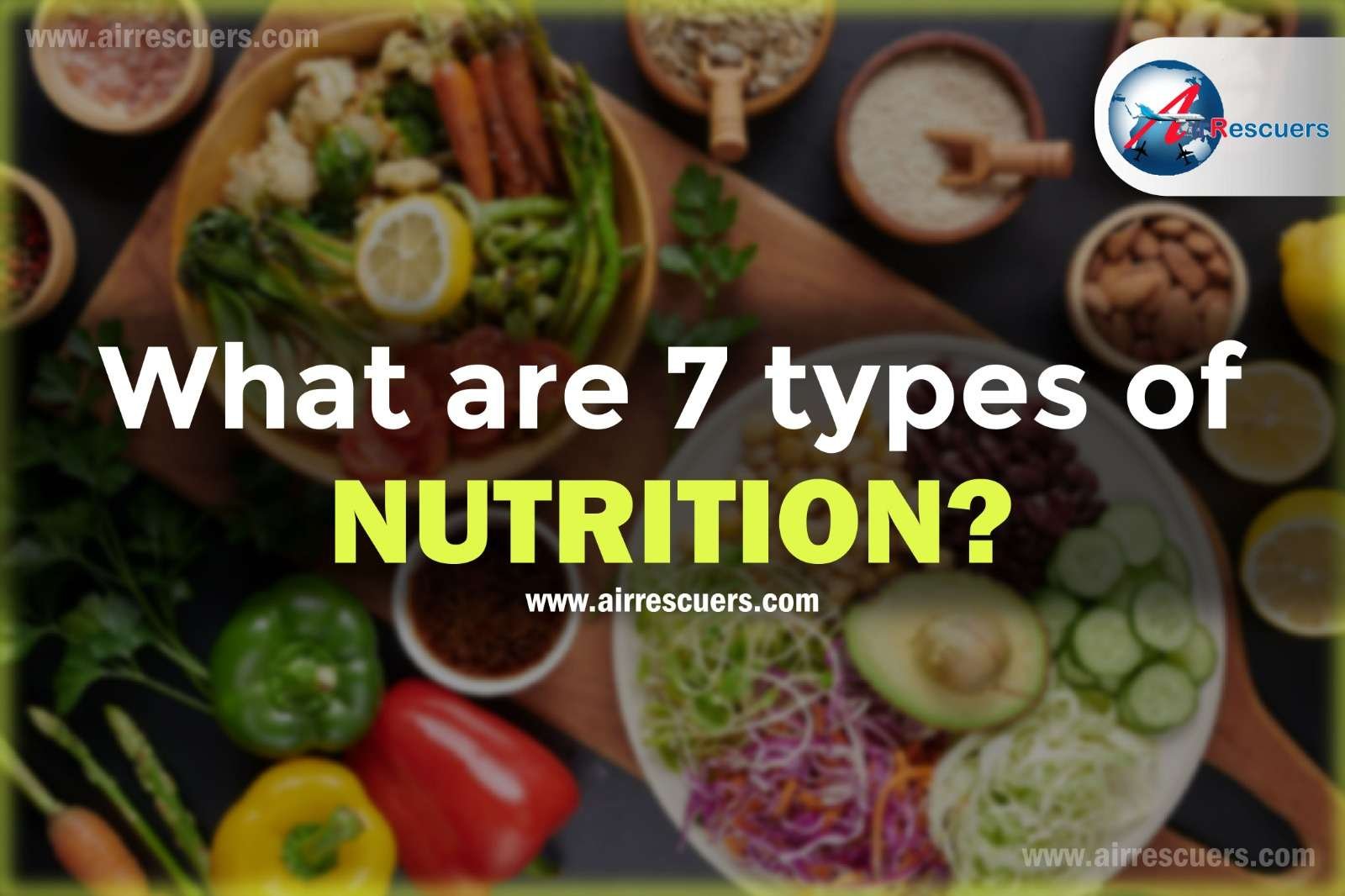
What Are 7 Types Of Nutrition?
In the intricate web of sustenance and well-being, nutrition stands as the cornerstone of our vitality. It’s not a monolithic concept but a nuanced tapestry woven with various threads, each contributing uniquely to our health. As we embark on this nutritional journey, let’s unravel the layers and explore the seven distinct types of nutrition that fuel our bodies and shape our lives. From macronutrients to micronutrients, hydration to oxygenation, join me in this exploration of the diverse elements that constitute the essence of our nutritional landscape.
What is nutrition?
Nutrition is the science of how living organisms obtain and utilize nutrients from food, influencing their health and functioning. It explores the relationship between dietary components and physiological well-being, encompassing processes like digestion, absorption, and metabolism. The goal of nutrition is to understand and optimize the impact of food on the body, supporting overall health and preventing nutritional deficiencies or imbalances.
7 types of nutrition
Here are seven types of nutrition:
- Carbohydrates: The body’s primary source of energy, found in foods like grains, fruits, and vegetables.
- Proteins: Essential for muscle repair and growth, found in meat, dairy, beans, and nuts.
- Fats: Important for energy storage and absorption of certain vitamins, found in oils, butter, and nuts.
- Vitamins: Organic compounds crucial for various bodily functions, obtained from fruits, vegetables, and supplements.
- Minerals: Inorganic nutrients necessary for bone health, nerve function, and more, found in foods like dairy, meat, and leafy greens.
- Water: Vital for overall health, involved in digestion, nutrient absorption, and temperature regulation, obtained from beverages and foods.
- Fiber: Aids digestion and promotes gut health, found in whole grains, fruits, and vegetables.
Importance of types of nutrient
Different types of nutrients play crucial roles in maintaining overall health:
- Carbohydrates: Provide energy for daily activities.
- Proteins: Essential for growth, tissue repair, and enzyme function.
- Fats: Necessary for cell structure, energy storage, and nutrient absorption.
- Vitamins: Regulate various physiological processes, supporting immune function and preventing deficiencies.
- Minerals: Contribute to bone health, fluid balance, and metabolic reactions.
- Water: Vital for hydration, nutrient transport, and metabolic processes.
Balanced intake of these nutrients supports optimal bodily functions, growth, and disease prevention. Imbalances can lead to health issues, emphasizing the importance of a varied and nutritious diet.
Conclusion
In conclusion, understanding and maintaining a balanced intake of various nutrients are fundamental for sustaining overall health. Carbohydrates, proteins, fats, vitamins, minerals, and water each play unique and essential roles in supporting bodily functions. A well-rounded diet that incorporates these nutrients in appropriate amounts is crucial for growth, energy, immune function, and disease prevention. By prioritizing nutritional balance, individuals can enhance their well-being and contribute to long-term health.

